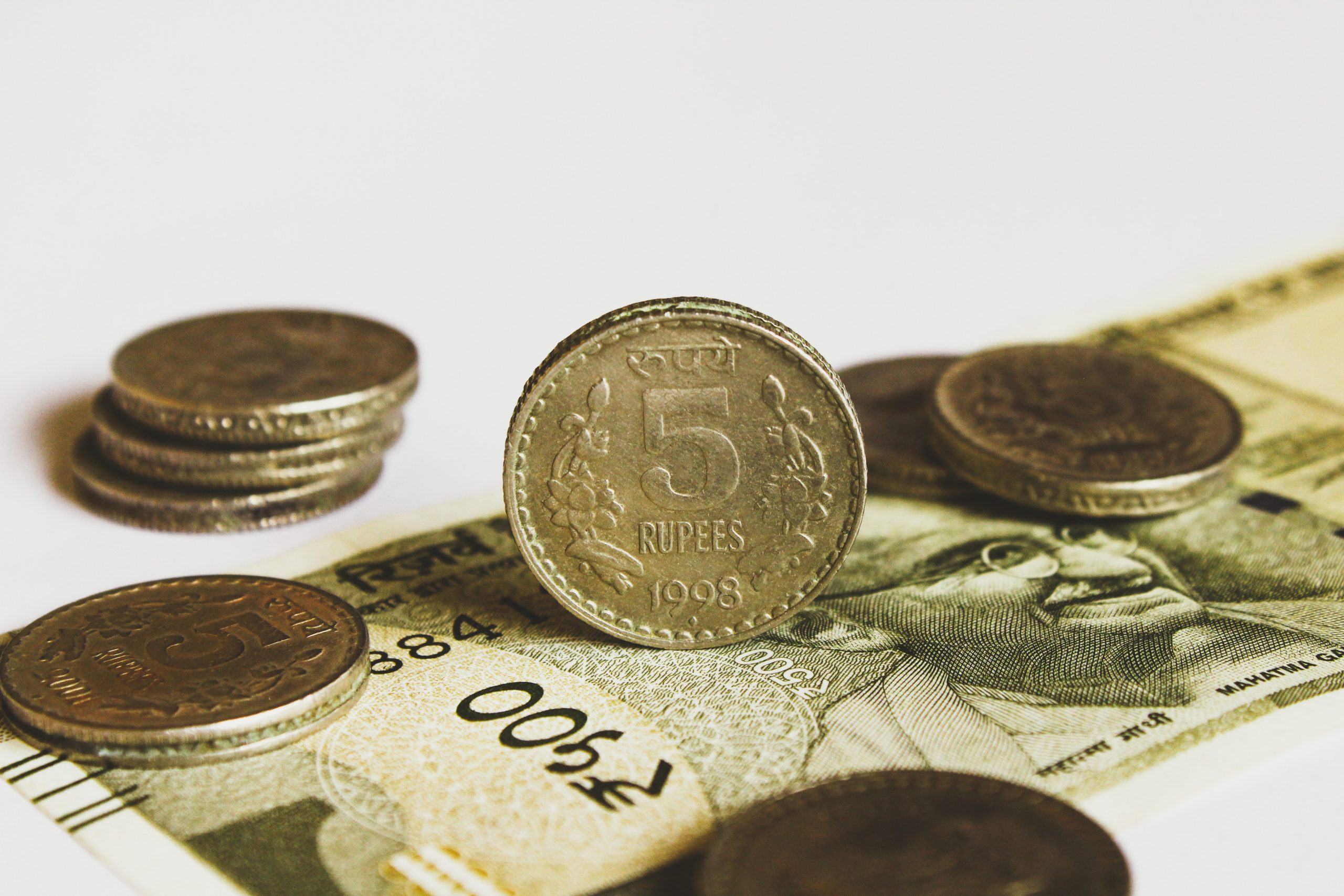If the continuing coronavirus epidemic has taught us anything, it’s that an emergency can hit at any time and there’s nothing you can do about it but be prepared. While an event such as earthquakes or floods, a health problem that keeps you from working, or an economic downturn that results in job losses and income cuts may be beyond your control, ensuring you have the finances to go through it is.
In times like these, how do you go about your life and meet your vital expenses? The solution is to set aside money for an emergency fund that will help you get by.
What is the purpose of an emergency fund?
An emergency fund is a set of funds designed to help you get through life and meet your obligations without relying on unforeseen loans, overusing your credit card, or selling and mortgaging your current possessions.
You may need to include required expenses in your emergency fund, which are necessary.
Obligatory expenses should ideally comprise food and medical treatment costs, rent, monthly loan payments, school fees, basic repairs and maintenance, insurance premiums, and anything else you consider necessary.
However, there is no universally accepted description of what is required. For example, although some people may find it impossible to go without domestic help or a chauffeur, others may find it impossible to go without a gym membership even when they are in financial trouble. The bottom line is that you must set aside sufficient funds to cover all of your required expenses.
What is the Best Way to Save for an Emergency Fund?
Budgeting is the bedrock of any financial strategy. If you’re just getting started with an emergency fund, there are three essential actions to take.
- Keep track of your monthly household spending and divide them into mandatory and optional categories.
- Do this for a few months to achieve an average amount for your required expenditures.
- This practice may also assist you in taking inventory of your expenses and weeding out non-essential spending.
- You never know how long an emergency will last, so setting aside money for an emergency fund that will last at least 3-to 6 months is preferable.
Assume that your household’s monthly expenses total INR 50,000. In that instance, your emergency money should be between INR 1.5 lakh and INR 3 lakh at all times. This may vary depending on the number of wage earners in your home, the number of dependents, and your monthly expenses.
If you are a single earner with dependent parents and school-aged children, you may want to set aside more money to cover unexpected medical costs. When you include two-thirds of ongoing debts, your savings increase because you’ll have to pay your monthly installments on top of maintaining your family.
In the event of a household with two earners, the amount of savings per person may be lower.
How Can You Increase Your Emergency Fund?
The amount of money needed to start saving for an emergency fund may make you worried and cause you to postpone your intentions to begin. Use basic ways to build the requisite financial corpus without over-worrying before giving up.




